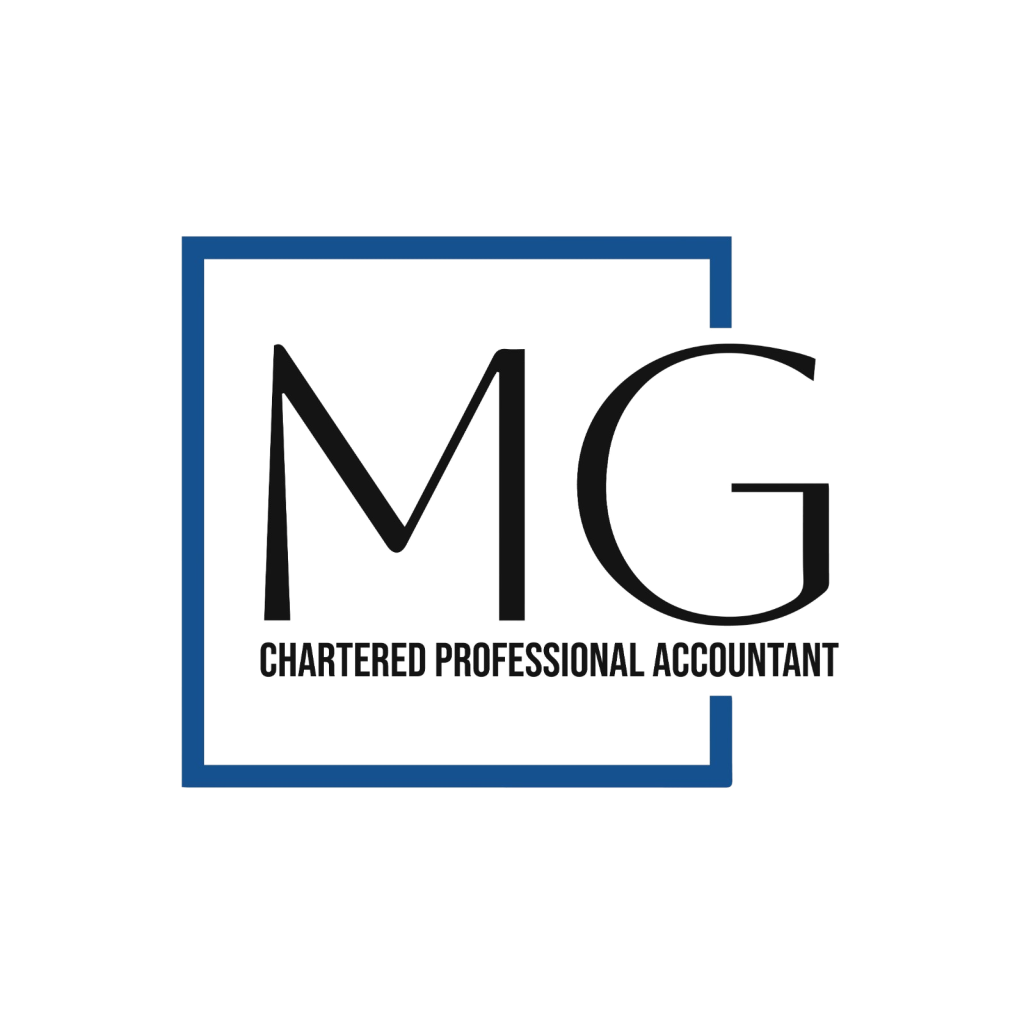
GST & HST Overview
- Rates
HST Rates (Current) The HST is a combined federal and provincial sales tax, applicable in certain provinces where the federal government shares its portion with the provincial government. The rates in the provinces that use HST are:
- Federal portion: 5%
- Provincial portion: Varies by province
The combined HST rate in the following provinces is:
- Ontario: 13%
- Nova Scotia: 15%
- New Brunswick: 15%
- Prince Edward Island: 15%
- Newfoundland and Labrador: 15%
- British Columbia: 12% (combination of federal 5% + provincial 7%)
Note: Some provinces (like Alberta, Quebec, and Manitoba) use different sales tax systems (GST or PST) rather than HST.
- Types of HST Exemptions:
Exempt Goods and Services:
These are goods and services that are not subject to HST at all, meaning they are exempt from the tax. When you buy an exempt item or service, no HST is charged:
- Health care services: Most medical and dental services provided by licensed professionals are exempt. This includes things like doctor visits, hospital services, and medical treatments.
- Educational services: Primary, secondary, and post-secondary education, as well as certain training programs, are exempt.
- Child care services: Many child care services provided by licensed providers are exempt.
- Most financial services: Services like lending, investing, or insurance are generally exempt from HST.
- Legal services: Certain legal services are exempt, such as those related to the provision of legal aid.
- Residential rents: Rent for a place to live is generally exempt from HST, though commercial leases are subject to HST.
Zero-Rated Goods and Services:
These goods and services are still considered taxable, but they are taxed at a 0% rate, which means no actual HST is collected from the buyer. The supplier is required to charge 0%, but they can still claim input tax credits (ITCs) on any HST they paid to suppliers:
- Basic groceries: Most food items that are unprepared or not processed are zero-rated, such as fruits, vegetables, dairy products, and bread. However, processed or prepared foods (e.g., prepared meals, snacks) are generally subject to HST.
- Prescription drugs and medical devices: Drugs and medical devices (such as wheelchairs, hearing aids) prescribed by a doctor are zero-rated.
- Exports: Goods and services that are exported out of Canada are zero-rated, meaning no HST is charged, as the transaction occurs outside Canada.
- International transportation services: Services related to international transportation (e.g., airline tickets for flights outside of Canada) are zero-rated.
Certain Real Property Transactions:
- Sale of a primary residence: The sale of a primary residence is generally exempt from HST. However, if you sell new housing or engage in certain commercial real estate transactions, HST may apply.
- Long-term leases: Rent for residential properties is exempt from HST, but commercial leases are generally subject to HST.
Government and Non-Profit Organizations:
- Government supplies: Many services provided by the federal, provincial, or municipal governments, including social services, are exempt from HST.
- Non-profit organizations: Certain supplies made by non-profit organizations (such as food banks or charitable organizations) may also be exempt or zero-rated, depending on the nature of the service.
Sale of a new home
- The sale of a new home is generally subject to HST, although there may be rebates available, such as the New Housing Rebate, which can reduce the HST paid on a new home.
Charities:
- Charities can benefit from some special HST exemptions or rebates. For example, some supplies made by charities are zero-rated or exempt, and charities can claim a rebate for some of the HST they pay on purchases.
- Businesses:
- HST Registration: Businesses with taxable sales over $30,000 must register for an HST/GST number. If you make taxable sales under this amount, you can voluntarily register.
- Input Tax Credits (ITCs): Businesses registered for HST can claim input tax credits on the HST they pay for goods and services used to run their business. This helps reduce the impact of sales tax on your business operations.
- Filing and Reporting: Ensure you stay up-to-date with HST filing deadlines and submit your returns regularly, whether on a monthly, quarterly, or annual basis, depending on your business size and sales volume.
HST on Imports: Businesses importing goods or services are required to pay HST on those imports. Ensure that you account for these taxes correctly in your reporting.
Contact Us
The team at Monika Gupta CPA Professional Corp is here to provide expert guidance and support on navigating the complexities of Savings and Pension Planning. Should you require further assistance or information, feel free to reach out to us at info@cpamg.ca or call us at +1 416-748-1329.
